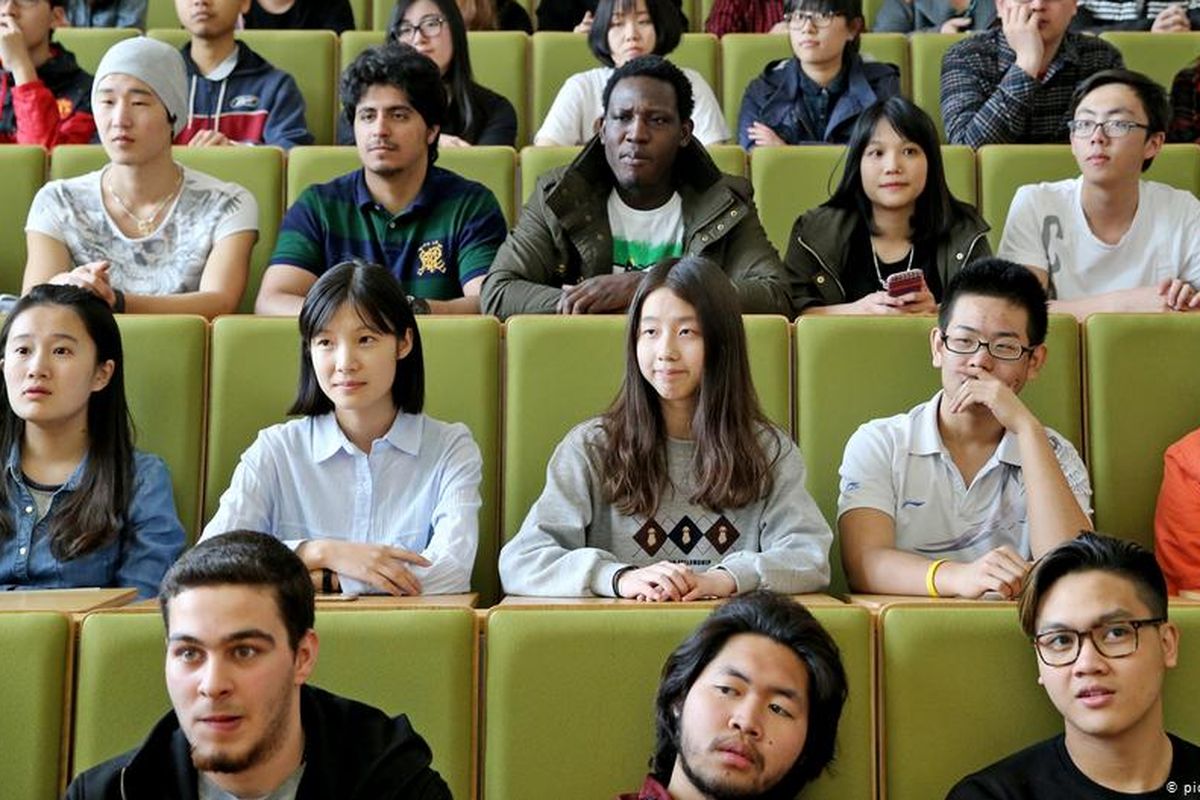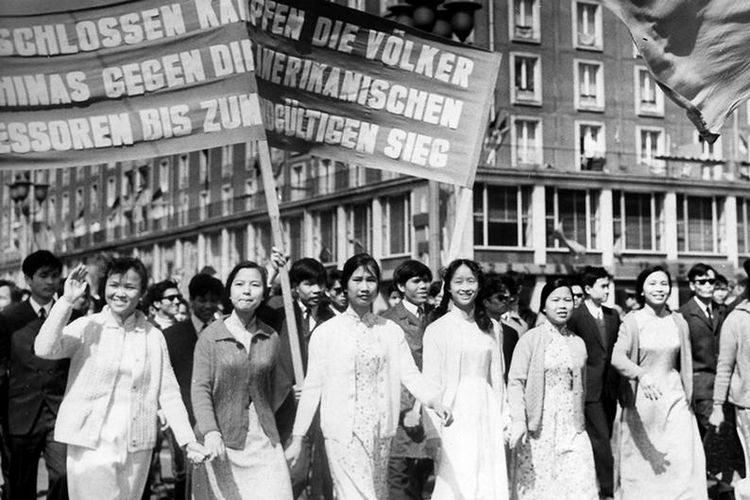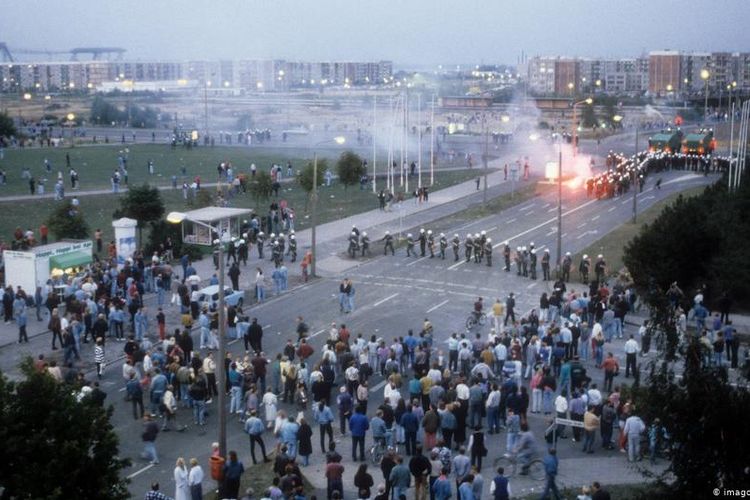
KOMPAS.com - "Hey Chinese, Asian, why are you here?" These words were directed at Zacky, an Indonesian student in Germany, as he walked down a street in Berlin. Once he was actually hit by a man while walking near the city's Museum of Natural History.
Puspa, an Indonesian like Zacky and a student at the University of Bonn, has also had her share of racist experiences.
She was walking home from a friend’s house on New Year's eve when "someone threw a firework at me," she said. Based on prior experience, she was "pretty sure" it happened because she was wearing the hijab.
Berlin-based Chinese documentary filmmaker Popo Fan recounts harrowing experiences with racism in the Berlin subway. In 2019, before the pandemic, Fan was at Kottbusser Tor station and a person told him to "f*** back to China."
Also read: AstraZeneca Denies Using Swine Trypsin in Its Covid-19 Vaccine
When the incident in the underground occurred, there were seven or eight people present. "No one helped me at all, no one even looked," he said. "They were on their phones or just turned their head."
Racism 'anchored in German society'
While racist attitudes towards people of Asian origin have been in focus following the outbreak of the COVID-19 pandemic and its alleged origins in the city of Wuhan in China, prejudices against Asians have long been evident in Germany.
Under the Nazi regime, Chinese living in Germany were expelled or deported to concentration and forced labor camps. But the most widespread anti-Asian racism would occur in the decade after German reunification.
The targets were mostly migrants from Vietnam who initially came to East Germany as part of a program to bring in workers from other communist regimes.
Almost 60,000 contract workers from the Southeast Asian country were living in East Germany when the Berlin Wall fell in 1989.
 Thousands of Vietnamese students and contract workers were brought to East Germany after World War II
Thousands of Vietnamese students and contract workers were brought to East Germany after World War IITwo years later, neo-Nazis attacked Vietnamese traders in Hoyerswerda in Saxony. They also formed a mob outside a migrant shelter and hurled abuse at the residents.
The worse anti-immigrant riots also took place in Rostock-Lichtenhagen in 1992, when around 2,000 right-wing extremists attacked and fire-bombed a housing block filled with Vietnamese contract workers.
Thousands of onlookers reportedly applauded the extremists, while the police did little to stop the attacks.
"This image shaped many people who are fighting against racism in Germany today," said Ferat Ali Kocak, a Berlin-based anti-racism activist. "It became clear to us that for various reasons, anti-Asian racism, even if it's not always visible, is strongly anchored in German society."

































